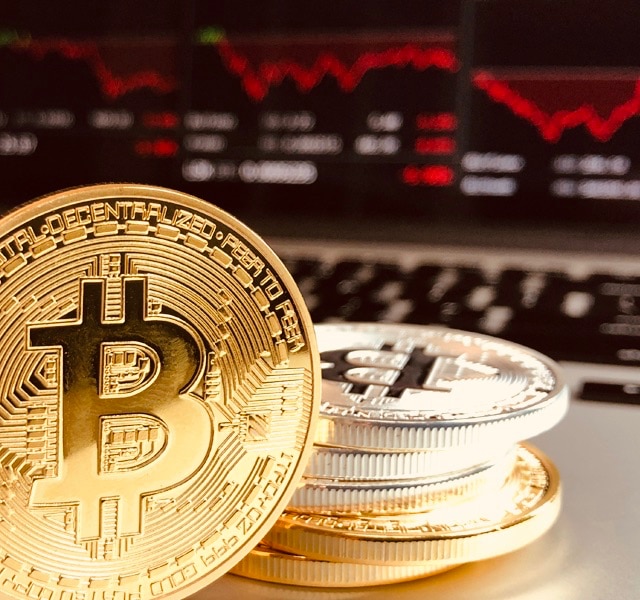Back in June 2014 we highlighted mainland Chinese equities as the cheapest stock market in the region as well as the most ignored; year after year of losses while the rest of the world’s equities marched higher had caused many investors to throw in the towel.
Back in June 2014 we highlighted mainland Chinese equities as the cheapest stock market in the region as well as the most ignored; year after year of losses while the rest of the world’s equities marched higher had caused many investors to throw in the towel.
Back in June 2014 we highlighted mainland Chinese equities as the cheapest stock market in the region as well as the most ignored; year after year of losses while the rest of the world’s equities marched higher had caused many investors to throw in the towel.
In investing, a year can be a lifetime, and China has proven this, with the market now being on most investors’ minds.
The first eleven months mainland Chinese equities experienced a roaring bull market, with the Shanghai Composite gaining +130%, while the Shenzhen Composite gained +160%. The deep under-valuation of the market coupled with a limited opening up to foreign investors via the HK-China connect, was further boosted by government policies to counter a slowing GDP, igniting investors’ interest.
Common ETFs listed in Hong Kong for the onshore China market also experienced strong performance, with the iShares FTSE A50 (2823.HK) gaining 85%, while the CSI 300 (3188.HK) gained 125%.
China bears have plenty of examples that can be used to conclude that the Chinese equity market makes no sense and is completely divorced from reality. For example Hanergy Thin Film Power started its seemingly inexorable rise in 2014, and after a gain of 800% briefly made its chairman the richest man in China, at least on paper. Two months ago the stock lost half its value in a single day as an investigation by HK regulators was initiated, as it seemed that Hanergy was doing most of its business with its parent company, while said parent company wasn’t doing much business at all. The stock remains suspended pending the findings of the regulators’ investigations.
The Shenzhen stock market has a handful of companies trading at over 1,000x P/E, and a month ago a full 1/3 of companies were valued at over 100x earnings.
It’s easy to look at the above and conclude that the whole Chinese stock market is heavily overvalued. However the largest 50 stocks in Shanghai (A50 index) are trading at 12x earnings. A deeper look within this index of the largest Chinese companies shows sectors that are even more attractively valued than this index.
The large Chinese banks continue to trade at deep discounts to the overall market, on average at P/Es below 6x, with dividends above 5% p.a.
Elsewhere China governments’ new announcements of large infrastructure projects to link China to Europe via railways caused large gains in the various state-owned railway/infrastructure companies, gains which have since been reversed in the current sell-off. The sector trades below 10x earnings and is trading at a P/E to Growth rate below 1.
China’s inefficient market is dominated by momentum investors which has resulted in significant abnormalities that are not normally found in more mature stock markets. The broad market is no longer a good indication of valuations, but is instead an average of a very extreme dispersion of different sectors. More importantly than ever, investors need to go back to the basics of valuations of future cashflows to determine whether to buy, hold, or sell their China equity exposure.
By LEONARDO DRAGO
Co-founder of AL Wealth Partners, an independent Singapore-based company providing investment and fund management services to endowments and family offices, and wealth-advisory services to accredited individual investors.
YOU MAY ALSO LIKE

TEACHING THE NEXT GENERATION THE VALUE OF MONEY
When a stock that you own becomes the largest in the market, instead of a reason to continue to hold, it is actually a sell signal

Cryptocurrency frenzy points to it being one of history's biggest bubbles
Some may survive the inevitable bursting of this bubble and go on to do great things, like Amazon did

Surviving bear markets
Investors need a plan that has been proven historically to work and the discipline to follow it through
YOU MAY ALSO LIKE

TEACHING THE NEXT GENERATION THE VALUE OF MONEY
Some may survive the inevitable bursting of this bubble and go on to do great things, like Amazon did. For now, it's just speculative mania.

Cryptocurrency frenzy points to it being one of history's biggest bubbles
Some may survive the inevitable bursting of this bubble and go on to do great things, like Amazon did. For now, it's just speculative mania.
YOU MAY ALSO LIKE

TEACHING THE NEXT GENERATION THE VALUE OF MONEY
When a stock that you own becomes the largest in the market, instead of a reason to continue to hold, it is actually a sell signal

Cryptocurrency frenzy points to it being one of history's biggest bubbles
Some may survive the inevitable bursting of this bubble and go on to do great things...